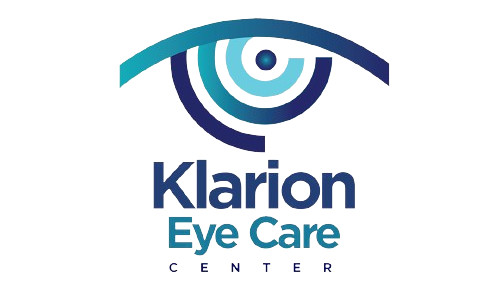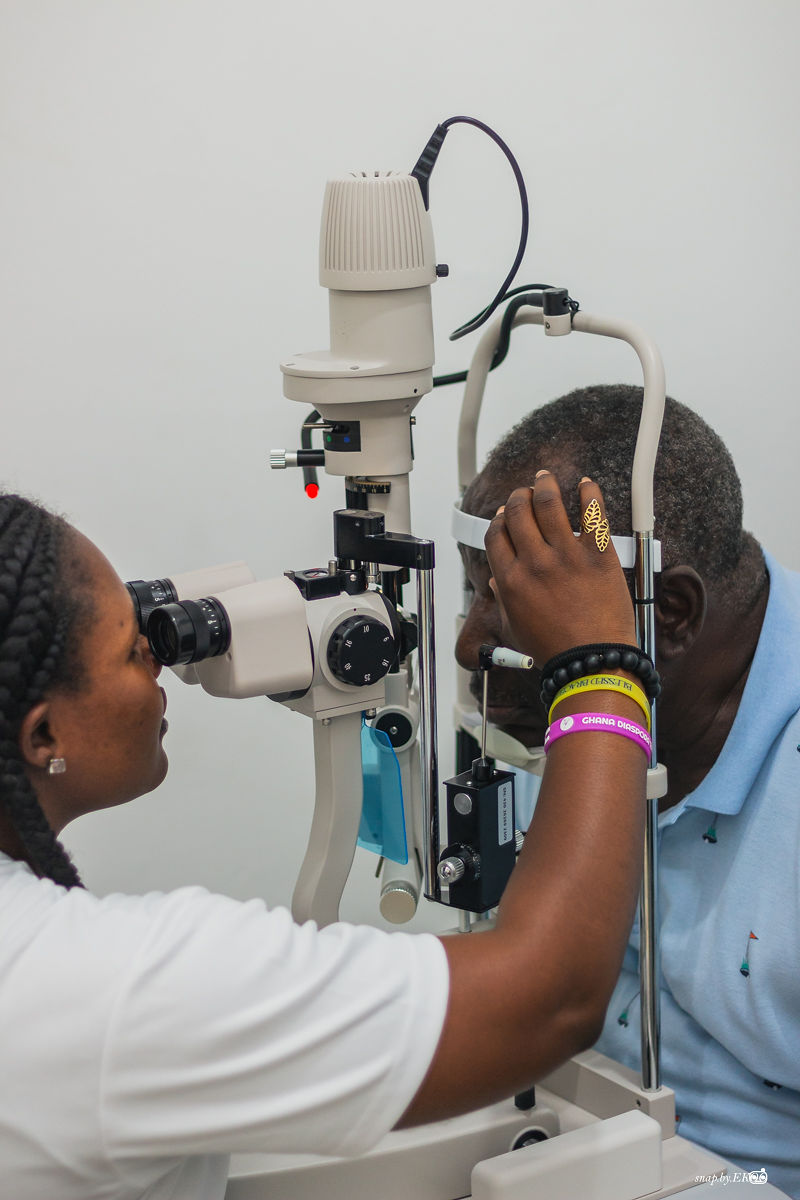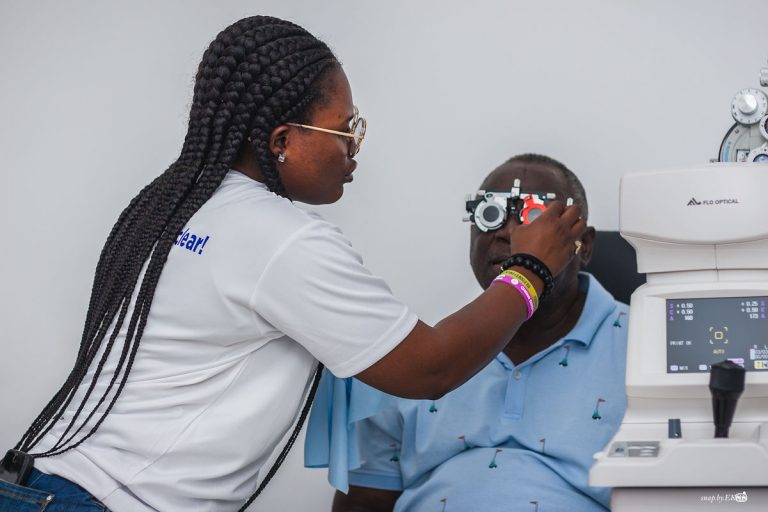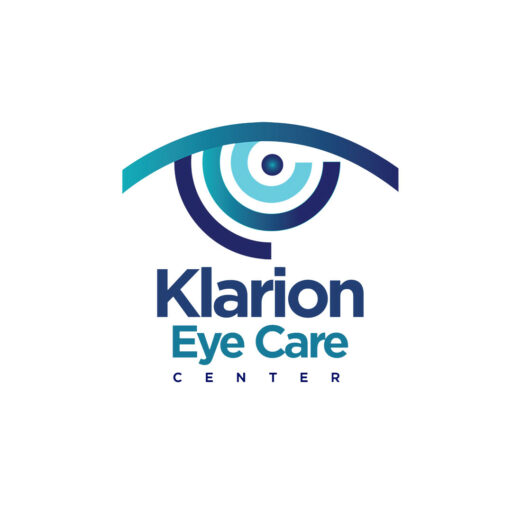The Importance of Regular Eye Exams: Safeguarding Your Vision
Your eyes are one of your most important assets, enabling you to experience the world in all its vivid detail. However, many people underestimate the importance of regular eye exams, often neglecting this crucial aspect of health care. In this blog post, we’ll explore why regular eye exams are essential for maintaining good vision and overall eye health.
Detecting Vision Problems Early
One of the primary reasons for regular eye exams is early detection of vision problems. Many eye conditions, such as glaucoma, cataracts, and macular degeneration, develop slowly and without noticeable symptoms in the early stages. A comprehensive eye exam can detect these issues early, allowing for timely intervention and treatment to prevent vision loss.
Updating Prescriptions
Your vision can change over time due to age, health conditions, or lifestyle changes. Regular eye exams ensure that your prescription for glasses or contact lenses is up-to-date, providing you with the best possible vision correction. Wearing outdated prescriptions can strain your eyes and lead to headaches, eye fatigue, and reduced visual clarity.
Monitoring Eye Health
An eye exam is not just about checking your vision; it also involves a thorough examination of the overall health of your eyes. Your optometrist will check for signs of eye diseases and other health conditions that can affect your eyes, such as diabetes and high blood pressure. Early detection of these conditions can lead to better management and improved outcomes.
Children’s Eye Health
Regular eye exams are crucial for children as well. Vision problems can impact a child’s ability to learn and develop properly. Many childhood eye conditions, such as amblyopia (lazy eye) and strabismus (crossed eyes), can be treated effectively if caught early. Ensuring your child has regular eye exams helps support their academic success and overall development.
Preventing Digital Eye Strain
In today’s digital age, many of us spend hours staring at screens, leading to digital eye strain. Symptoms include dry eyes, blurred vision, and headaches. During an eye exam, your optometrist can provide advice on how to reduce digital eye strain and recommend solutions, such as computer glasses or ergonomic adjustments to your workspace.
Maintaining Overall Health
Your eyes can reveal a lot about your overall health. During a comprehensive eye exam, your optometrist can detect signs of systemic health issues like diabetes, high blood pressure, and even certain types of cancer. Regular eye exams can thus contribute to your overall health management, ensuring that any potential issues are addressed promptly.
Customized Eye Care
Regular eye exams provide an opportunity to discuss any concerns or changes in your vision with your optometrist. Whether you’re experiencing discomfort, noticing changes in your vision, or needing advice on eye care products, a routine exam allows for personalized care tailored to your specific needs.
How Often Should You Get an Eye Exam?
The frequency of eye exams depends on your age, health, and risk factors. As a general guideline:
- Children: Should have their first eye exam at 6 months old, again at age 3, and before starting school. School-aged children should have an exam every one to two years.
- Adults: Should have an eye exam every two years. After age 60, annual exams are recommended.
- High-Risk Individuals: People with diabetes, a family history of eye disease, or other risk factors may need more frequent exams as advised by their optometrist.
Conclusion
Regular eye exams are a critical component of maintaining good vision and overall health. By detecting vision problems early, updating prescriptions, monitoring eye health, and preventing digital eye strain, routine eye exams help you maintain optimal eye health and quality of life.
At Klarion Eye Care Center, our experienced team is dedicated to providing comprehensive eye exams and personalized care to help you see your best. Don’t wait for symptoms to arise—schedule your regular eye exam today and take a proactive step toward safeguarding your vision.





